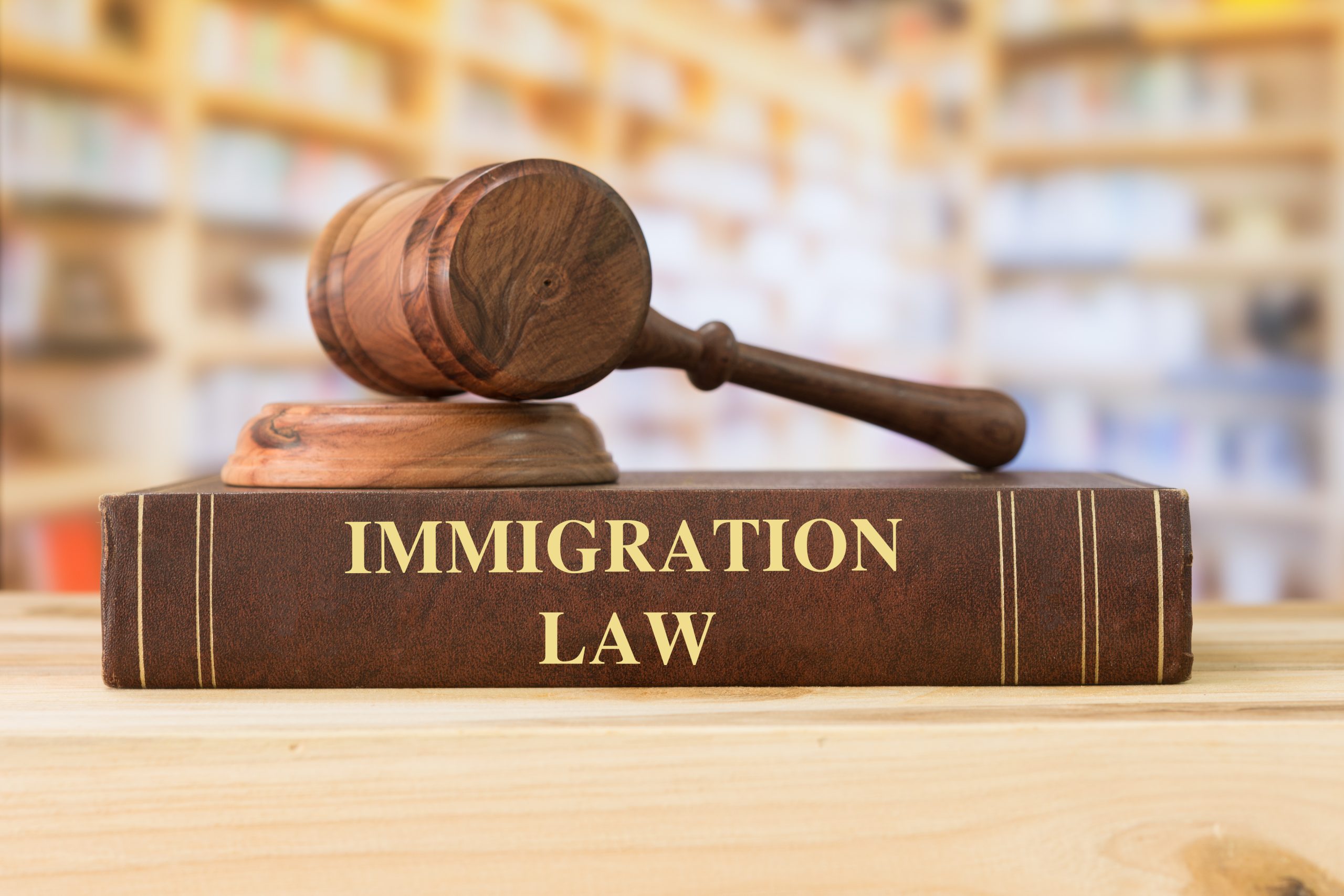HOW DO IMMIGRATION JUDGES GET SELECTED?

In the United States, immigration judges play a crucial role in the country’s immigration system, presiding over cases that determine the fate of millions of individuals seeking asylum, protection, and the right to stay in the country. Given the important role judges play in the immigration system, you might be wondering how immigration judges get selected. Immigration judges are appointed by the U.S. Department of Justice (DOJ) through a rigorous selection process that prioritizes legal expertise, impartiality, and ethical conduct.
The selection process for immigration judges involves several steps, including identification of a need for judges, solicitation of applications, evaluation and ranking of applicants, interviews, and final appointment. These steps ensure that only the most qualified and competent candidates are appointed to the immigration courts.
1. Identification of Need: The Executive Office for Immigration Review (EOIR), a sub-agency within the DOJ, oversees the country’s immigration courts. The EOIR identifies the need for new immigration judges based upon factors such as caseload, retirements, and changes in immigration policies or laws. Once a need is identified, the EOIR works with the DOJ to initiate the hiring process.
2. Solicitation of Applications: The DOJ publicly announces job vacancies for immigration judges on the official government job portal, USAJobs.gov. The announcement includes information about the qualifications, experience, and skills required for the position, as well as details about the application process.
3. Evaluation and Ranking of Applicants: The DOJ’s Office of Personnel Management (OPM) is responsible for evaluating the applications submitted by candidates. OPM screens the applications to ensure that candidates meet the minimum qualifications, such as U.S. citizenship, a law degree, and an active bar membership in any U.S. jurisdiction. The applications are then forwarded to a panel of experts, usually consisting of current or former immigration judges, DOJ attorneys, and representatives from the EOIR. The panel evaluates candidates based on factors such as legal expertise, experience in immigration law, judicial temperament, and management skills. They rank the candidates using a point system that considers their qualifications, experience, and skills. Highly ranked candidates are then shortlisted for interviews.
4. Interviews: Shortlisted candidates undergo a series of interviews with representatives from the EOIR and DOJ. These interviews aim to assess the candidates’ communication skills, decision-making abilities, and temperament. The interviewers may also explore the candidates’ knowledge of immigration law and their approach to handling complex legal issues. Candidates may be asked hypothetical questions about specific cases or asked to discuss their past experiences and how they would apply their knowledge to the role of an immigration judge.
5. Final Appointment: After the interviews, the panel presents its recommendations to the Attorney General, who has the final authority to appoint immigration judges. The Attorney General considers the panel’s recommendations and the candidates’ qualifications before making a selection decision. Once appointed, immigration judges undergo a thorough background investigation to ensure their suitability for the position.
6. Training and Onboarding: New immigration judges undergo a comprehensive training program conducted by the EOIR. The program includes both classroom instruction and practical exercises designed to familiarize judges with immigration law, court procedures, and judicial ethics. After completing the training, immigration judges are assigned to specific courts and begin their duties.
In conclusion, the selection process for immigration judges in the United States is a meticulous and multi-stage procedure that aims to ensure the appointment of highly qualified, competent, and impartial individuals to the bench. The process involves a combination of application screening, evaluation, interviews, and recommendations before a final appointment is made by the Attorney General. This rigorous system helps maintain the integrity and professionalism of the nation’s immigration courts.
If you’re facing serious issues in immigration court, contact BestImmigrationLawyer.com today. Our team of lawyers and professionals knows how to win in immigration court. And, our team is highly respected by immigration judges because of our experience and skills. We’ve helped thousands of immigrants deal with deportation and related issues. We can do the same for you.







